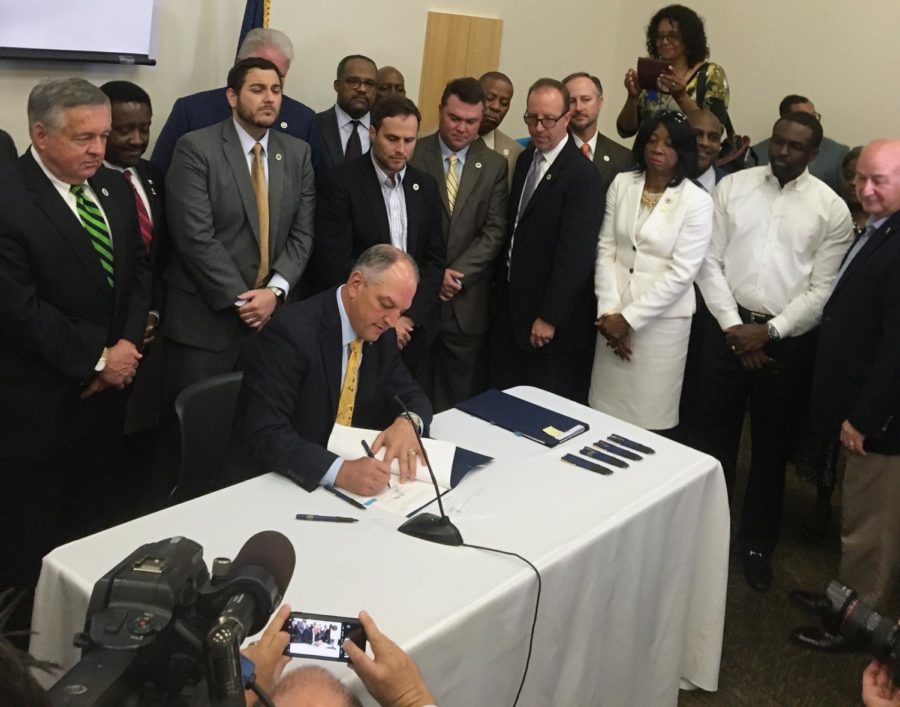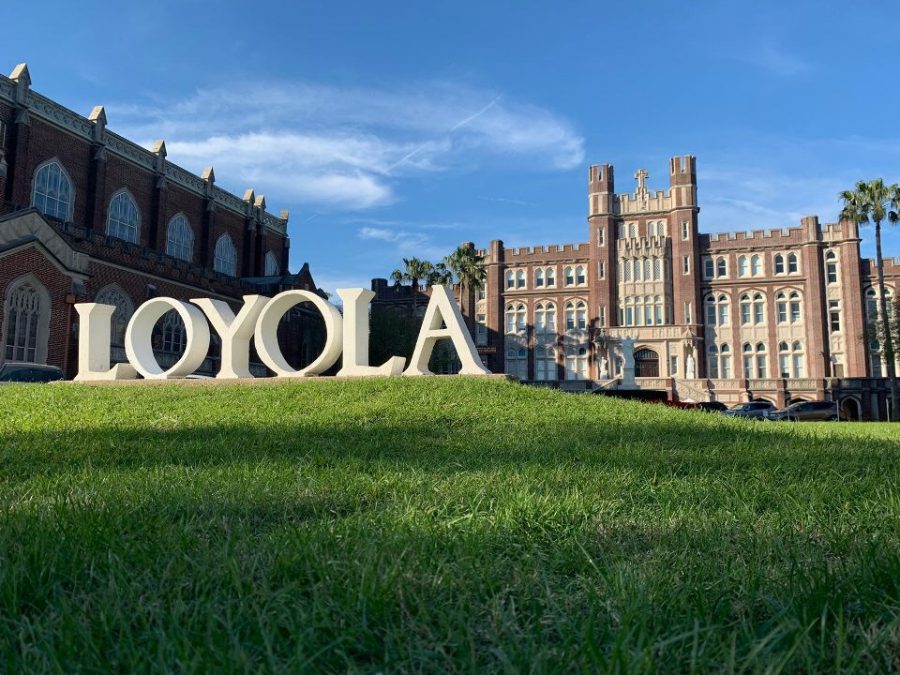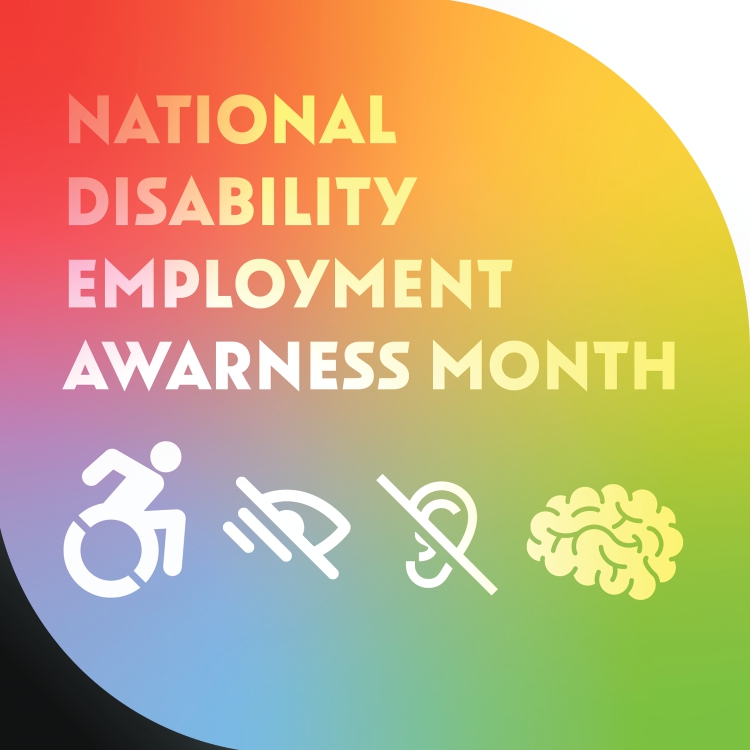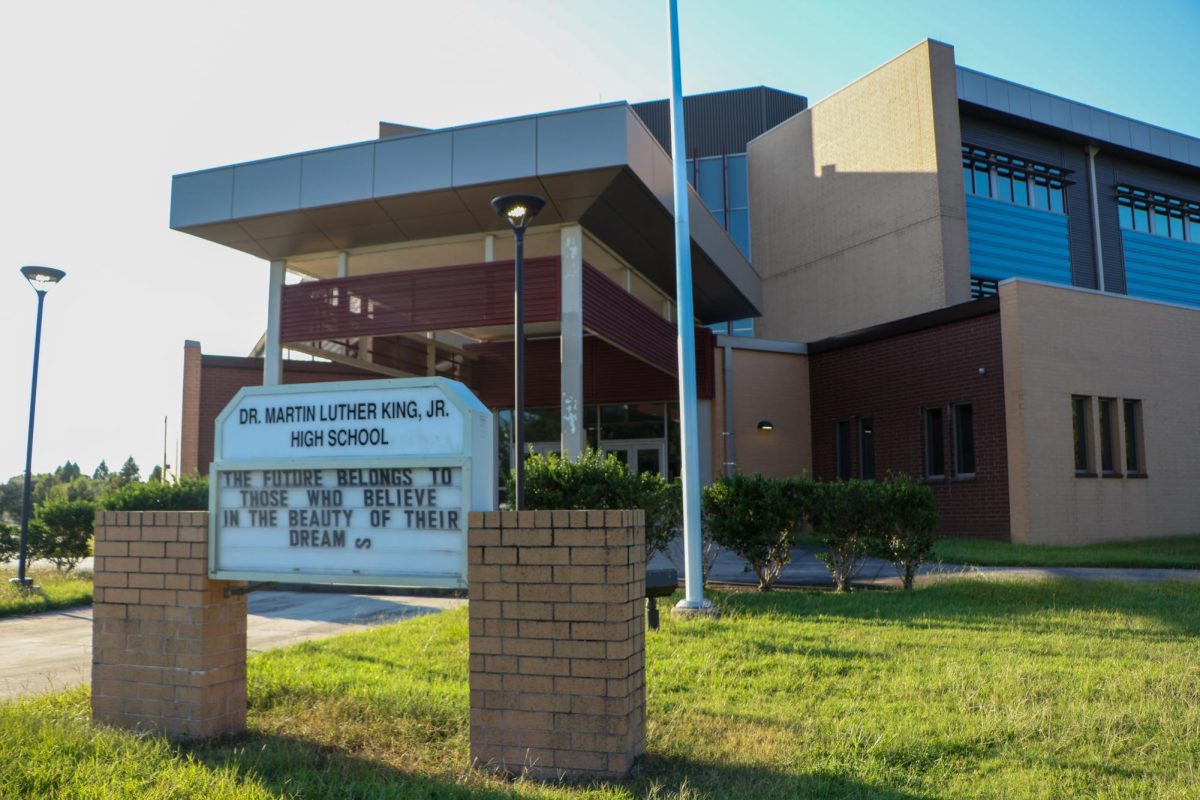Lower prison populations may be coming for Louisiana as criminal justice reforms went into effect on Nov. 1.
The overhaul, comprised of 10 bills, passed through state legislature this past June. The bills, backed by Gov. John Bel Edwards, aim to reduce the state’s prison population by 10 percent and save the state at least $262 million over the next 10 years. Roughly 30 percent of those savings come from taxpayers at about $78 million.
Features of the overhaul include changes to sentencing, parole and probation. Many of the changes will apply to people in prison already, giving another chance at freedom to some people previously on life sentences.
Judges will have greater discretion over parole. They can elect to not require parole of first-time offenders with sentences under 10 years. Three-time offenders were previously not eligible for parole, but that also will change. Other changes regarding parole include a complete removal of a minimum parole period as well as reducing the maximum parole period from five to three years.
Overhaul changes also include funding for education, job training and rehabilitation for the incarcerated. The overhaul requires that 70 percent of money saved as a result of the reform be used to fund these programs, at an estimated $184 million.
There are also changes to medical treatment for the incarcerated. Previous law forbid the transport of people convicted of murder to medical facilities outside of a prison, however under the new changes, even murderers will have access to hospital healthcare.
According to the Louisiana Department of Public Safety and Corrections, approximately 2,900 prisoners will be released in November, nearly double the average amount of 1,500 prisoners released per month in the past.
According to the Sentencing Project, Louisiana is the most incarcerated state in the United States at 776 per every 100,000 people as of 2015.



















